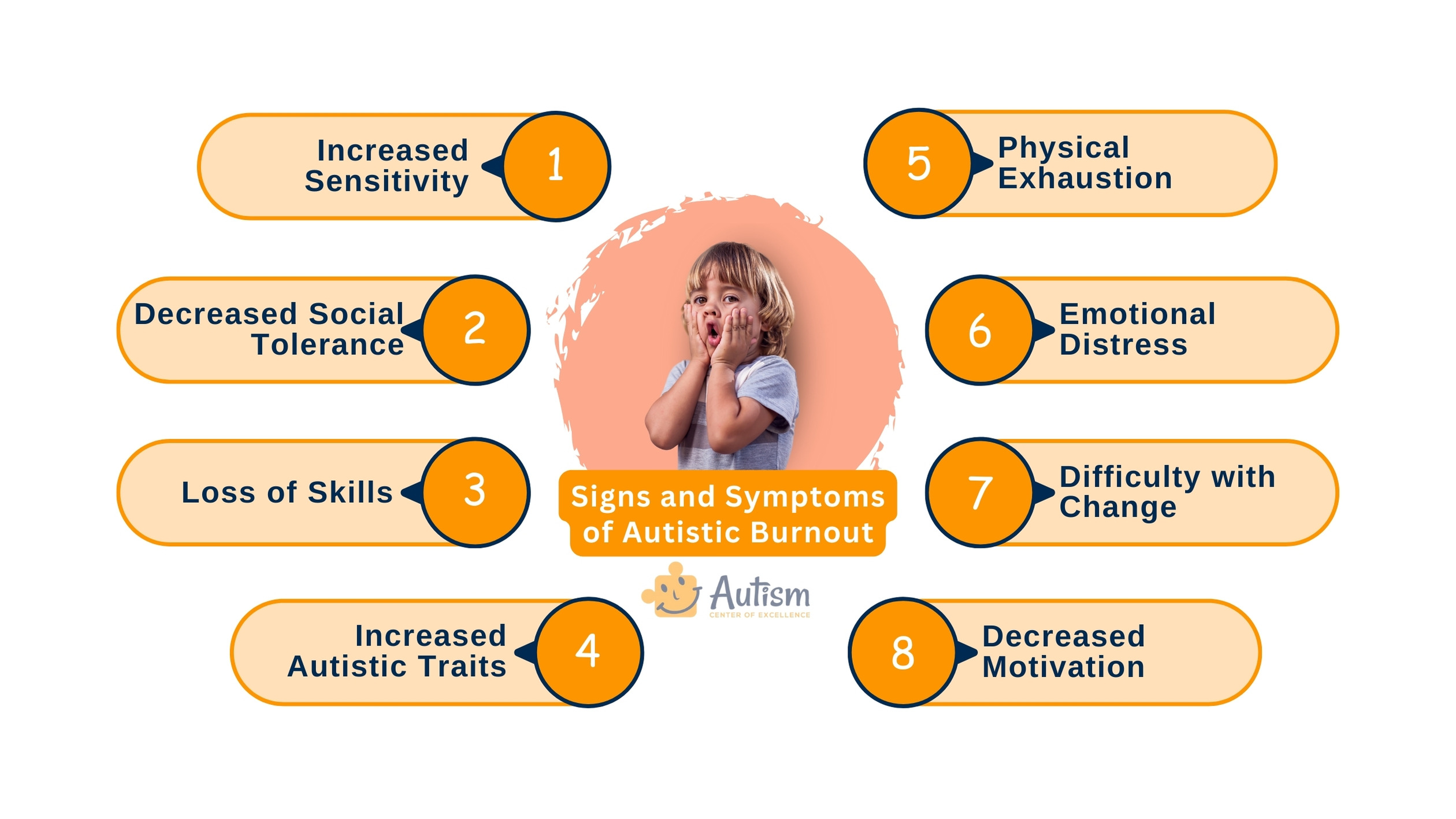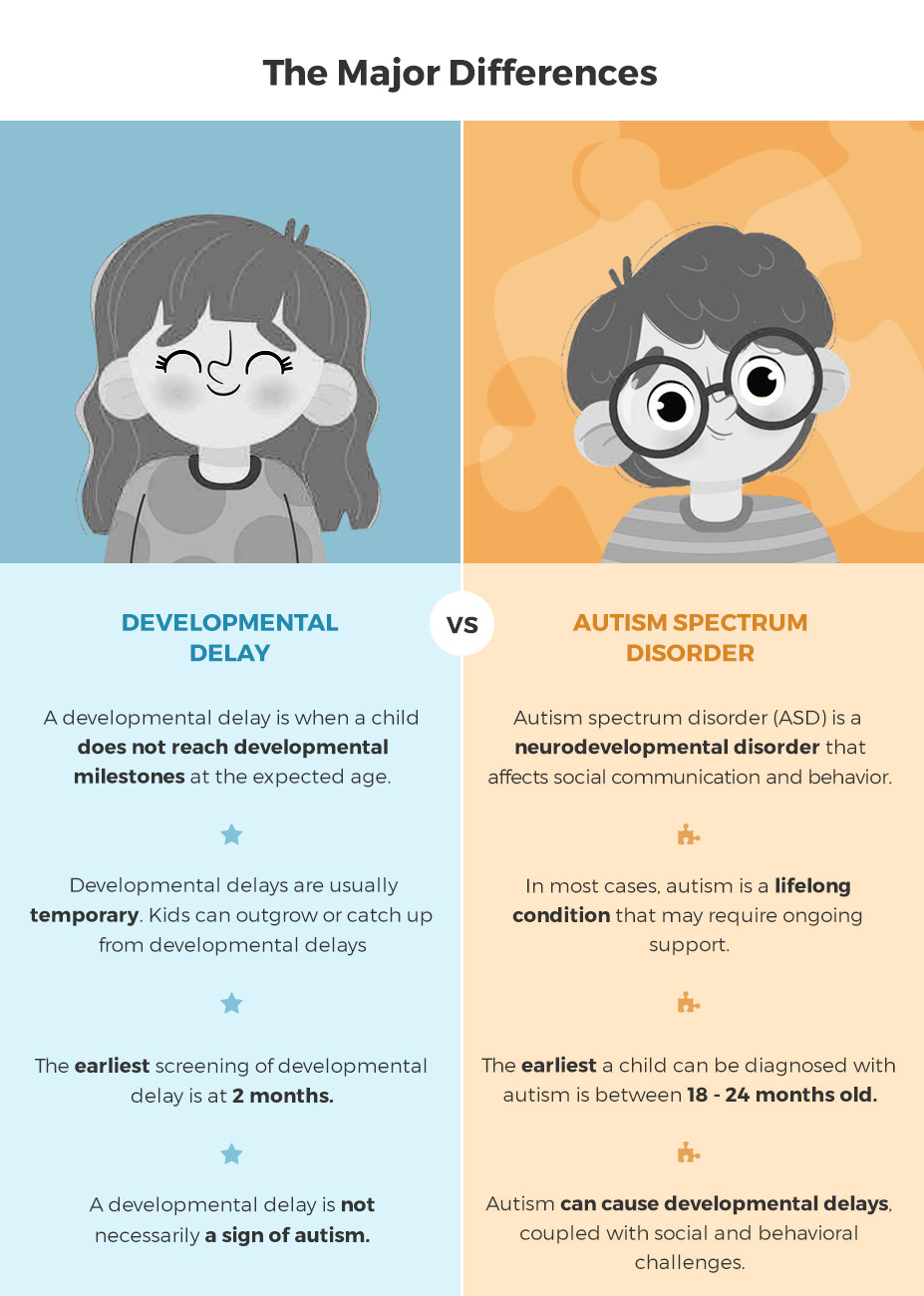When working with an Aba Therapist Near Me, you’ll see measurable progress in social and communication growth
When working with an Aba Therapist Near Me, you’ll see measurable progress in social and communication growth
Blog Article
Trick Indicators and Signs And Symptoms to Acknowledge in Individuals With Behavioral Autism
When you run into somebody with behavior autism, identifying essential signs and symptoms is important. You could discover obstacles in social communications and communication, in addition to a solid need for routines. Furthermore, sensory sensitivities can lead to frustrating experiences. Recognizing these qualities can enhance your support and treatments, but there's even more to reveal concerning just how these behaviors materialize in everyday situations. Allow's discover what these signs truly look like.
Obstacles in Social Communications
When you communicate with someone on the autism range, you may discover they battle with social signs and interaction. These obstacles can make social communications feel frustrating for them. You may see them staying clear of eye get in touch with or standing too close or also away throughout conversations, which can develop misunderstandings. They could not choose up on body movement or facial expressions, making it harder for them to gauge exactly how others are really feeling.
Furthermore, you may discover that they favor routines and acquainted setups, which can limit their readiness to participate in brand-new social situations. They may chat about their rate of interests in great detail without observing if you're interested when they do involve. This can lead to prejudiced discussions that leave you really feeling disconnected. Comprehending these difficulties can aid you come close to interactions with empathy and persistence, promoting a much more comfortable setting for both of you.
Trouble With Verbal and Non-Verbal Interaction

Acknowledging these indicators is vital, as it aids you better assistance and involve with individuals on the autism spectrum. By recognizing their communication difficulties, you can cultivate more purposeful links and offer a much more helpful environment.
Repeated Actions and Routines
Communication obstacles frequently go along with various other indicators of autism, such as repetitive habits and a solid choice for regimens. You could notice that individuals with autism commonly participate in specific, repetitive activities, like hand-flapping, rocking, or duplicating expressions. These habits can supply convenience and a feeling of control in a frequently overwhelming globe.
When they follow a structured schedule,Routines are equally important; many individuals thrive. You might locate that modifications to these regimens can cause substantial distress. If they have a daily routine of consuming breakfast at a particular time or following a particular course to institution, any type of disruption can create anxiousness.
Acknowledging these patterns assists you understand their actions and supply support. By accommodating their demand for regular and enabling repetitive activities, you can produce a more comfy atmosphere that eases their obstacles.
Sensory Sensitivities

Common Sensory Triggers
Sensory level of sensitivities can significantly affect everyday life for individuals with autism, as specific stimuli commonly activate overwhelming reactions. Common sensory triggers include loud sounds, intense lights, and solid scents. Comprehending these triggers can assist you manage your environment much better.
Behavioral Responses Discussed
Understanding your behavioral feedbacks to sensory level of sensitivities is crucial, as they usually disclose exactly how you communicate with the world. You could see that specific noises, lights, or textures bewilder you, causing stress and anxiety or discomfort. When encountered with these stimuli, you might take out, cover your ears, and even react boldy. These actions aren't just traits; they're your method of managing overstimulation. You might likewise find on your own seeking details sensory experiences, like deep stress or quiet settings, to help ground on your own. Acknowledging these patterns helps you comprehend your needs far better and can direct just how you interact them to others. By recognizing your sensory sensitivities, you can function towards developing an environment that really feels more comfy and manageable for you.
Coping Approaches Summary
Recognizing your sensory level of sensitivities is just the very first step; currently it's time to explore coping methods that can aid you manage those experiences efficiently. Begin by developing a sensory toolkit customized to your needs. This could include noise-canceling headphones, fidget toys, or calming scents. Establishing an organized regimen can additionally provide predictability, lowering stress and anxiety around sensory overload. When you really feel overloaded, take breaks in a silent room to regroup. Practicing mindfulness methods like deep breathing can assist ground you in the moment. Furthermore, interact your requirements with those around you; having helpful friends and family can make a massive distinction. Remember, finding what functions ideal for you might require time, so be patient and open to trying new methods.
Restricted Interests and Emphasis
While numerous individuals create a vast variety of interests, those with autism commonly show limited rate of interests and an intense concentrate on certain topics. You could observe that somebody with autism can invest hours delving into their favored subject, whether it's a certain kind of train, a particular movie, or a clinical concept. This extreme focus isn't simply a pastime; it can become a main part of their identification and social interactions.
You may locate that discussions revolve around these passions, and they might struggle to engage in broader subjects. By understanding and acknowledging these limited passions, you can foster a helpful setting where they really feel valued and understood, enabling for even more purposeful links and interactions.
Emotional Guideline Troubles
Individuals with autism typically deal with difficulties in emotional regulation, which can be influenced by their extreme concentrate on certain find out this here rate of interests. You may discover that when an individual is deeply taken part in a recommended task, they can experience strong emotions, whether exhilaration or frustration. This intensity occasionally makes it tough for them to move gears or handle their sensations when things do not go as intended.

Variability in Developmental Turning Points
When it comes to developmental landmarks, you'll see that individuals with autism commonly reveal a variety of irregularity. Some might strike landmarks on schedule, while others may drag or progression at a different pace. For example, you may see a kid succeed in language abilities yet fight with social interactions. This variance can be complex, as typical benchmarks don't always apply.
It's essential to identify that each person's trip is special. Observing these patterns can assist you comprehend their strengths and requires better.
Frequently Asked Questions
Just How Is Autism Identified in Children and Grownups?
To diagnose autism in grownups and children, specialists examine habits, interaction abilities, and social interactions. If a private fulfills the requirements useful link for autism spectrum condition., they often make use of standardized examinations, interviews, and monitorings to identify.
Exist Different Sorts Of Autism Spectrum Disorders?
Yes, there are various kinds of autism spectrum problems, including Asperger's disorder and pervasive developmental disorder-not or else specified. Each kind differs in seriousness and attributes, so comprehending these distinctions can help you much better assistance individuals with autism.
What Therapies Work for Individuals With Autism?
When taking into consideration effective therapies for people with autism, you'll find choices like Applied Actions Evaluation, speech therapy, and work-related treatment. Each method can assist boost communication, social skills, and everyday operating tailored to individual requirements.
Can People With Autism Lead Independent Lives?
Yes, individuals with autism can lead independent lives. With the ideal assistance, abilities training, and resources, you can assist them establish self-sufficiency, take care of day-to-day tasks, and flourish in different settings, cultivating their independence.
Exactly How Can Families Support Loved Ones With Autism?
You can support your liked ones with autism by developing an organized setting, encouraging their interests, practicing persistence, promoting communication, and promoting social skills. Celebrate their accomplishments, no issue exactly how little, and develop an encouraging area.
Although several people on the autism range can recognize and make use of language, they usually encounter substantial obstacles with both spoken and non-verbal interaction. Acknowledging these indications is vital, as it assists you better support and involve with people on the autism range. You may discover that individuals with autism often engage in details, repetitive actions, like hand-flapping, rocking, or duplicating expressions.Sensory sensitivities can significantly impact daily life for people with autism, as specific stimuli usually set off overwhelming reactions.When it comes to developing landmarks, you'll notice that individuals with autism typically show a large variety of variability.
Report this page